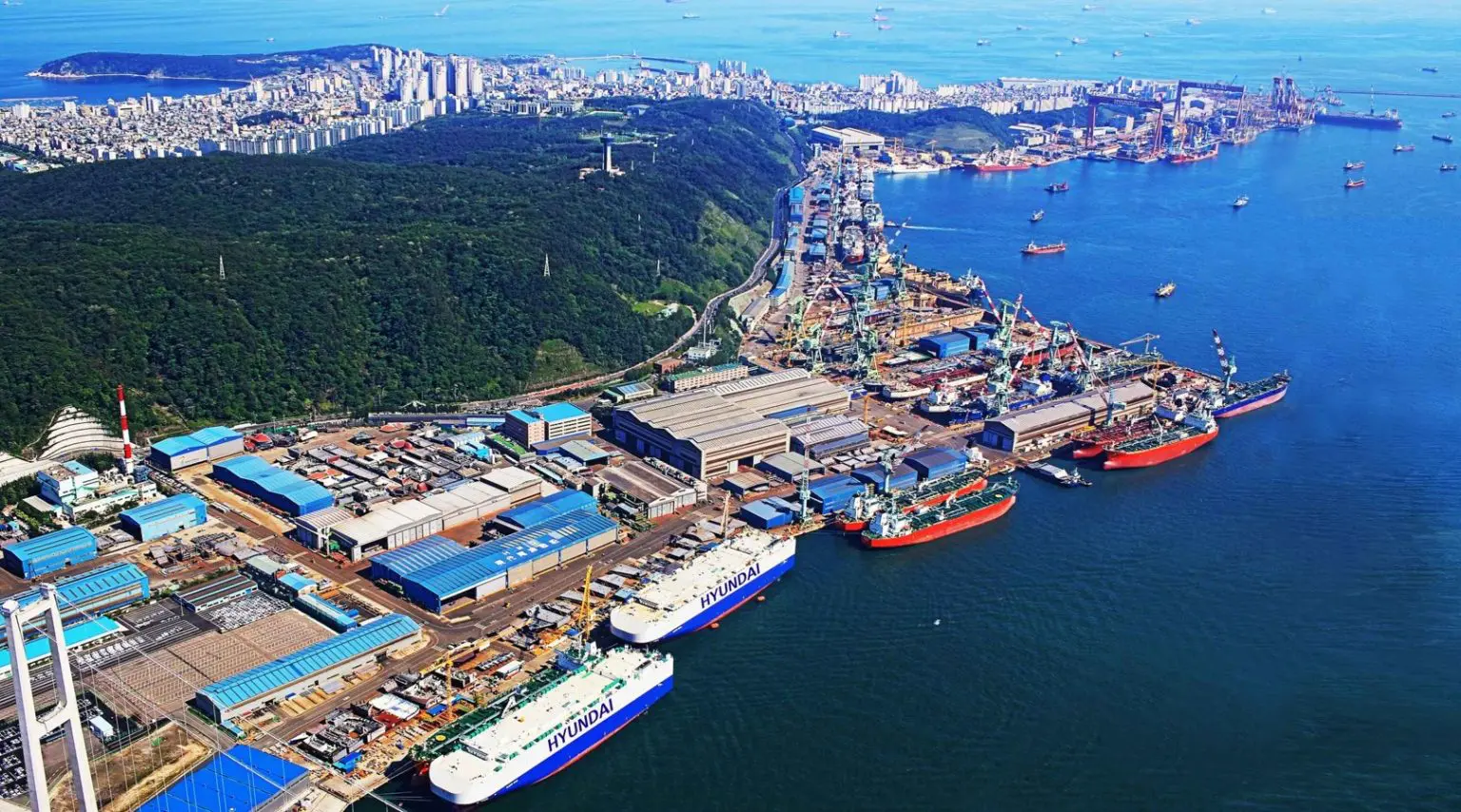This story requires a subscription
This includes a single user license.
HD Hyundai Mipo said in a stock exchange filing that it will build the vessels for an unidentified shipping firm in Africa.
The shipbuilder said the contract is worth 538.3 billion won. This is about $372 million or $93 million per vessel.
According to HD Hyundai Mipo, the vessels will have a capacity of 18,000 cbm.
The LNG bunkering ships are scheduled for delivery by September 2028.
According to shipbuilding sources, Greece’s Evalend Shipping could be behind this order.
However, LNG Prime could not confirm this by the time this article was published.
Evalend previously ordered LNG carriers at HD Hyundai Heavy.
Hyundai Heavy won an order worth about $530 million for two LNG carriers from Evalend in August 2023, marking the latter’s entry into the LNG sector, while Evalend booked four more vessels after that.
LNG bunkering vessel orders
Including these vessels, Hyundai Mipo has won orders for up to 11 LNG bunkering vessels since September last year.
In November last year, Hyundai Mipo also secured an order worth $370 million for four LNG bunkering vessels with a capacity of 18,000 cbm and scheduled for delivery by October 2028.
Moreover, HD Hyundai won an order in October 2024 to build one LNG bunkering vessel with a capacity of 12,500 cbm.
This order is worth about $88 million and sources said that the vessels would serve South Korea’s Posco.
Prior to this contract for one LNG bunkering vessel, Hyundai Mipo won an order to build up to two LNG bunkering ships with a capacity of 18,000 cbm.
Hercules Tanker Management, a new shipping firm owned by Peninsula CEO John Bassadone, is behind this order.
These vessels are each worth about $92.5 million, and they will be delivered by November 2027.
In 2023, Hyundai Mipo delivered one 18,000-cbm LNG bunkering vessel to owner Pan Ocean and charterer Shell, while it also handed over a 12,500-cbm LNG bunkering ship to Scale Gas, a unit of Spain’s Enagas, and Peninsula.
DNV’s data recently showed that the number of LNG bunkering vessels in operation grew from 52 to 64 over the last year, with continued growth expected in 2025.
The significant gap between LNG bunkering supply and demand is expected to widen over the next five years based on the AFI orderbook.

